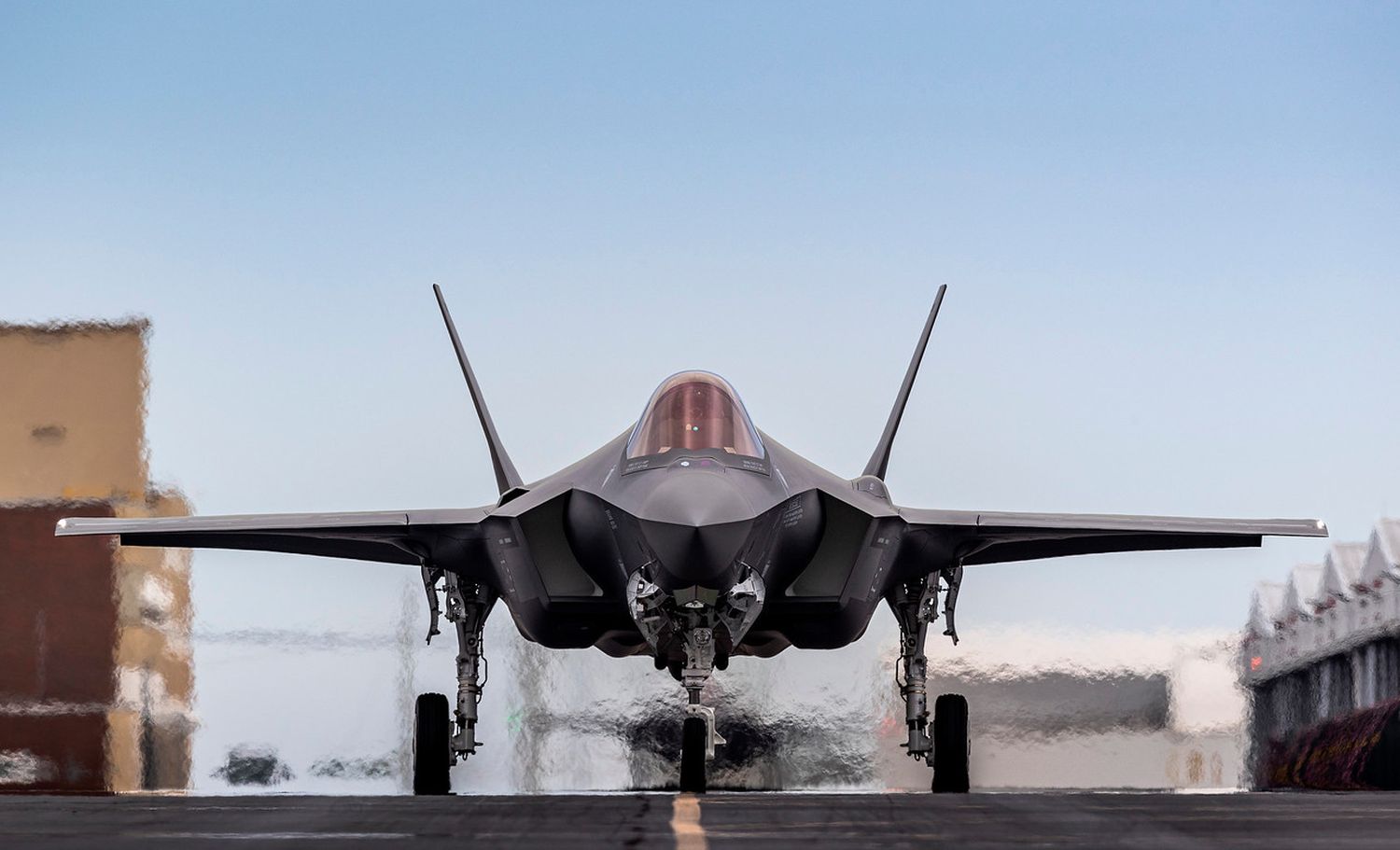Greece becomes 19th country to acquire Lockheed Martin’s advanced F-35 Lightning II
Greece today confirmed its intention to acquire 20 Lockheed Martin F-35 Lightning II aircrafts by signing a Letter of Offer and Acceptance (LOA) through a U.S. Government Foreign Military Sale. The LOA also includes an option for an additional 20 aircraft.
Greece had formally requested the acquisition of the fighters in 2022 by signing a Letter of Request (LoR) and the U.S. government had advised of approval of the eventual sale in 2024 through a Defense Security Cooperation Agency notification.
Lightning strikes in Greece, Z̶e̶u̶s̶ F-35 is coming.⚡️ Greece has chosen the F-35 Lightning II as its next aircraft, becoming the 19th country to embrace the world’s most advanced and connected fighter jet. pic.twitter.com/YDRJ3QK6Vb
— Lockheed Martin (@LockheedMartin) July 25, 2024
«We are excited to welcome Greece into the F-35 enterprise,» said Air Force Lt. Gen. Mike Schmidt, director and program executive officer, F-35 Joint Program Office. «The F-35 will provide exceptional capability to the Hellenic Air Force, build interoperability between our allies and strengthen the combat effectiveness for all of NATO.»
«For several decades, the Hellenic Air Force has been our partner, and it is our honor to continue that relationship as Greece becomes the 19th nation to join the F-35 program,» said Bridget Lauderdale, Lockheed Martin’s vice president and general manager of the F-35 program. «The F-35 is the only fighter suitable to strengthen Greece’s sovereignty and operational capability with allies.»
The F-35 is fast becoming NATO’s standard fighter of choice, offering unprecedented interoperability with NATO and other allied assets. This capability represents a significant advantage for the U.S. and its allies, ensuring strategic superiority for decades to come. By the 2030s, more than 600 F-35s will be working together from more than 10 European countries, including two full squadrons of U.S. F-35s stationed at Royal Air Force Lakenheath.
According to Lockheed Martin, the main argument for acquiring the F-35 is its high deterrence capability, based on its technological advantages, such as its very low radar signature, advanced sensors and extensive connectivity within a joint force over the theater of operations.
To date, there are almost 1,000 operational aircrafts, deployed from 32 bases around the world, accumulating more than 860,000 flight hours across the fleet.


Para comentar, debés estar registradoPor favor, iniciá sesión